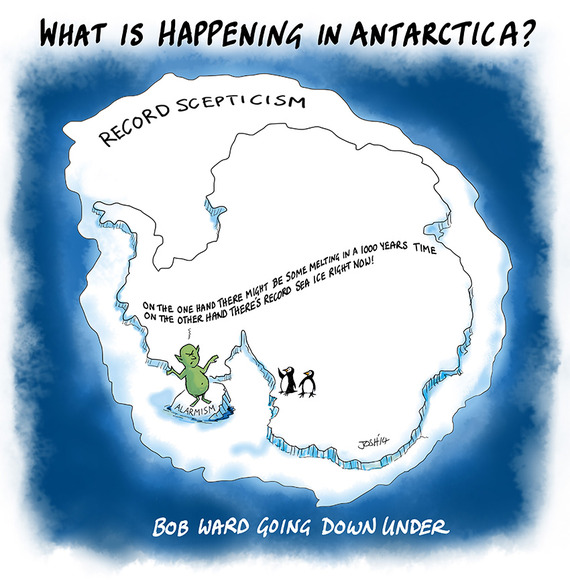 blackshoe, on 2014-May-19, 11:22, said:
blackshoe, on 2014-May-19, 11:22, said:
What to do about it will not be decided by logic.
Maybe. The global warming problem today resembles the ozone layer problem of the last century:
The Skeptics vs. the Ozone Hole
Quote
On June 28, 1974, Sherry Rowland and Mario Molina, chemists at the University of California, Irvine, published the first scientific paper warning that human-generated chlorofluorocarbons (CFCs) could cause serious harm to Earth's protective ozone layer (Molina and Rowland, 1974). They calculated that if CFC production continued to increase at the going rate of 10%/year until 1990, then remain steady, CFCs would cause a global 5 to 7 percent ozone loss by 1995 and 30-50% loss by 2050.
They warned that the loss of ozone would significantly increase the amount of skin-damaging ultraviolet UV-B light reaching the surface, greatly increasing skin cancer and cataracts. The loss of stratospheric ozone could also significantly cool the stratosphere, potentially causing destructive climate change. Although no stratospheric ozone loss had been observed yet, CFCs should be banned, they said. At the time, the CFC industry was worth about $8 billion in the U.S., employed over 600,000 people directly, and 1.4 million people indirectly (Roan, 1989).
Critics and skeptics--primarily industry spokespeople and scientists from conservative think tanks--immediately attacked the theory. Despite the fact that Molina and Rowland's theory had wide support in the scientific community, a handful of skeptics, their voices greatly amplified by the public relations machines of powerful corporations and politicians sympathetic to them, succeeded in delaying imposition of controls on CFCs for many years. However, the stunning discovery of the Antarctic ozone hole in 1985 proved the skeptics wrong. Human-generated CFCs were indeed destroying Earth's protective ozone layer. In fact, the ozone depletion was far worse than Molina and Roland had predicted. No one had imagined that ozone depletions like the 50% losses being observed by 1987 over Antarctica were possible so soon. Despite the continued opposition of many of the skeptics, the Montreal Protocol, an international agreement to phase out ozone-destroying chemicals, was hurriedly approved in 1987 to address the threat.
So it is not impossible for folks to act responsibly to counteract an environmental threat.
The growth of wisdom may be gauged exactly by the diminution of ill temper. — Friedrich Nietzsche
The infliction of cruelty with a good conscience is a delight to moralists — that is why they invented hell. — Bertrand Russell

 Help
Help




